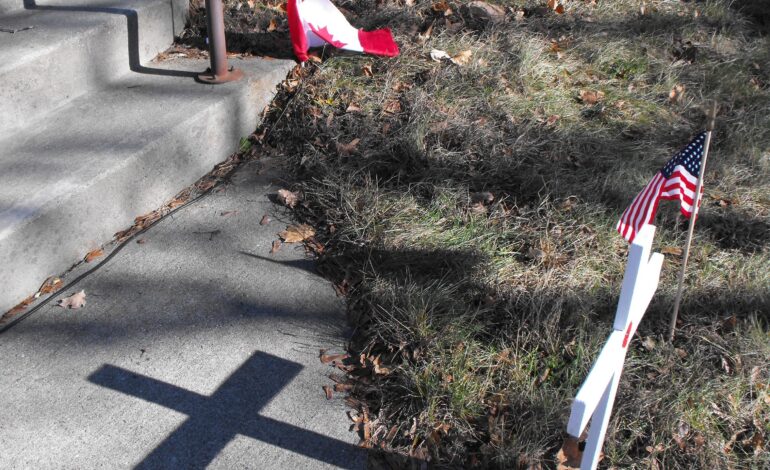
September is World Alzheimer’s Month. Tucked into this annual campaign is World Frontotemporal Degeneration (FTD) Awareness Week, running from Sept. 21 to Sept. 27 this year. It is also called frontotemporal dementia or Pick’s disease. FTD is an umbrella term for a group of relatively rare disorders that mainly affect the areas of the brain associated with personality, behaviour and language.
First held in 2015, the global event aims to raise awareness about FTD symptoms and inform the public about how it differs from other forms of dementia like Alzheimer’s disease.
“We want people to know that FTD typically first appears as changes in behaviour, personality and language, not memory,” said the Association for Frontotemporal Degeneration (AFD), a U.S.-based organization that focuses exclusively on the disease.
An estimated two to 10 per cent of all dementia cases are FTD, though it is the most common form of dementia in people under age 60. FTD typically starts younger than Alzheimer’s disease, with most cases striking those between 40 and 65.
FTD is often misdiagnosed as depression, mental illness, Alzheimer’s or Parkinson’s disease. People with FTD may behave inappropriately at work and in other social situations. They may act impulsively, which can bring them into conflict with the law.
Indeed, anti-social or criminal behaviour like shoplifting and indecent exposure in otherwise law-abiding people in their later adulthood may be an early symptom of FTD.
These cases pose a challenge for the criminal justice system. Oftentimes, the FTD patient has little insight into their condition and there has been no diagnosis. Those around them may simply consider the person to be rude, hostile or aggressive.
As a result, people with FTD may be charged and prosecuted for a crime that was really a manifestation of their brain disease. They knew it was wrong, but with diminished impulse control, they did it anyway. Combined with their apathy and loss of empathy, undiagnosed patients often attract little sympathy from others and are at risk of being criminalized for behaviours that are beyond their control.
Given their younger age, people with FTD may also be physically fit, making it difficult for police to recognize and de-escalate situations where the person appears defiant.
Even older folks are at risk of harm. From time to time, stories of seniors with dementia being violently arrested for petty crimes have captured headlines, especially when the person has trouble speaking. While progress is being made, we must do more to help well-meaning officers identify FTD scenarios.
With enhanced screening protocols and training about the disease, law enforcement and prosecutors can divert more of these cases away from the justice system to appropriate services. Such initiatives can build on existing partnerships among first responders, the courts and local organizations that aim to reduce contact between people with dementia and the criminal justice system.
FTD is a difficult, often invisible disease. This World FTD Awareness Week, let’s talk about the brain disorder to reduce its stigma, increase understanding about its symptoms, and strengthen the criminal justice system’s capacity to treat FTD patients with compassion and dignity.

Heather Campbell Pope is founder of Dementia Justice Canada, a small nonprofit dedicated to safeguarding the rights and dignity of people with dementia.



